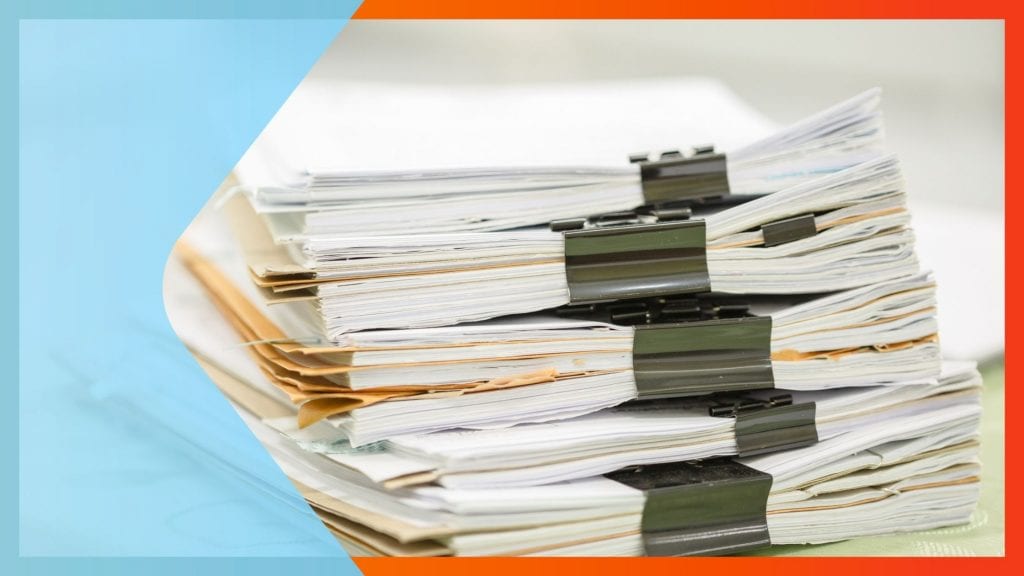

If you have taken part in court proceedings such as a trial, a hearing, or a deposition, you may be wondering how to request a transcript. Or, you may have an audio recording of a proceeding that you need to get a transcript of but aren’t sure where to start. The process is slightly different depending on whether you need a transcript from a court reporter or a legal transcription service.
When you attend court proceedings, if there is a court reporter present, it is likely that the court reporter has already created a transcript. If you had an attorney represent you, it is best to ask them first. Transcripts can be expensive to obtain, and it is possible that your attorney has already ordered a transcript and can provide you with a copy. You don’t want to pay twice!

If you didn’t have an attorney representing you or are requesting court records from a case to which you are not a party, you will need to contact the correct court. Make sure you know which court the case was held in, as it could be a city or district court, a circuit court, federal court, etc.
Once you have identified the correct court, you will want to contact the court reporter for that court. Many courts have online contact information or even online order forms that you can use to request a transcript.
Before you fill out your order form, you need to understand the purpose for which you are requesting the transcript. Some request forms may need you to specify which portion of a proceeding you need the transcript of or whether it is required for appeal purposes.
Some courts, such as federal courts, have special rules regarding what types of transcripts are acceptable for use on appeal. In some courts, if a person appeals a case’s decision, the court orders the transcript itself. If you are just ordering a transcript for your personal use, you don’t need to worry about these rules.
It is possible that you may not be able to obtain a transcript in some cases. Judges do have the ability to seal transcripts from the public, and most transcripts of court proceedings do not fall under freedom of information laws. However, a good rule of thumb is if the public can attend the court proceeding, you should be able to get a transcript.
While most proceedings where a judge is present have a court reporter or voice writer, there may be some legal proceedings, such as a deposition, where there is only an audio recording. In those cases, you will need to retain someone to turn your electronic recording into a usable written transcript (and get that transcript proofread as well).
Always make sure if it is legal for you to record a proceeding or phone call to obtain a transcript. Many courts have rules against creating audio or video recordings of proceedings. Even if you are not participating in a court proceeding with a judge present, there are laws regarding recording conversations.
It’s always best to obtain consent from all participants before recording a proceeding. If you don’t, you may run into issues when you need to use your transcript.
The main things you need to think about when you are ordering a transcript from a transcription service are cost, accuracy, and timing. Whichever transcription service you choose, you want one with a very high rate of accuracy. For example, Rev’s transcription service has an accuracy percentage of 99%, guaranteed.
Speed and cost can be linked when requesting a transcript from an audio recording. Many services charge an hourly rate or a rate per minute of the recording. Most services charge more depending on how quickly you need the transcript turned around.
Rev provides a simplified platform where you can see your transcript’s price based on the length of the recording and how quickly you need the transcript back. We also never charge you extra for audio recordings with multiple speakers, difficult audio, specialized terminology, or recordings with speakers who have accents.